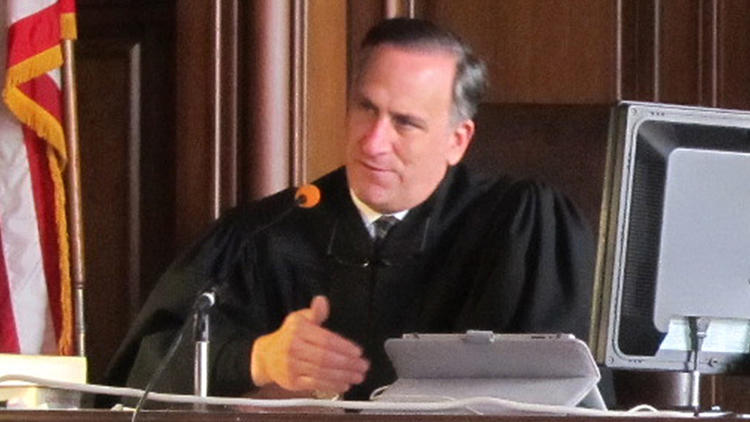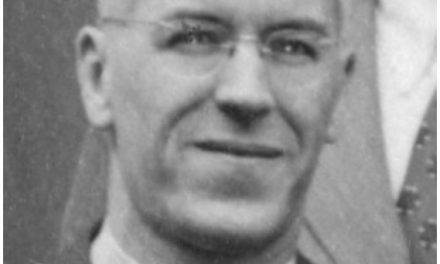On September 7th, Superior Court judge Thomas Moukawsher read his decision about a public school funding trial and parts of his decision were utterly devoid of sense or compassion. (The plaintiffs, who were a coalition of municipalities and education organizations, had sued for billions in new state spending but did not get it.)
From the bench, Moukawsher claimed that to continue to provide an education to public school students with special needs (they make up 15 to 17 percent of the public school population) was irrational and unconstitutional. Even though special education was not an issue in the suit Moukawsher refused to leave the issue alone.
Disabled Kids Not Worth Teaching
From the article:
“Schools under this misbegotten decision will have no obligation to educate children with disabilities they deem to have “a minimal or no chance for education.” This insidious missile cannot go unanswered in the Constitution State. There are no specifics on how or which children with special needs are to be denied access to our schools. What we do know is that a judge with a dark, Trumpian view of humanity is abusing his authority and inviting broad violation of federal protections.”
Currently, our law requires that we educate children who arrive here illegally. If this decision is allowed to stand U.S. citizens, who are disabled, will be barred at the door where illegal immigrants will be welcomed.
Consider Helen Keller, who had multiple disabilities and went on to graduate from Radcliffe College: “there would be no place for Helen Keller in Moukawsher’s Connecticut, other than in the shadows of isolation,” the article tells us. This court opinion misses one of the essential benefits of special education- how it impacts regular education students. The truth is that contact with students with disabilities provides daily lessons for us all and those are lessons that last and lift our society. The compassion we learn and can then show is what makes us human. Certainly, a judge should understand that.
If we are smart, we will learn from our past; the 20th century taught us that “when societies turn on people with disabilities, they often do not stop there. They inflict misery on others and everlasting shame on themselves.”
We sincerely hope that that is not the path Connecticut is on.
Source: The Hartford Courant












